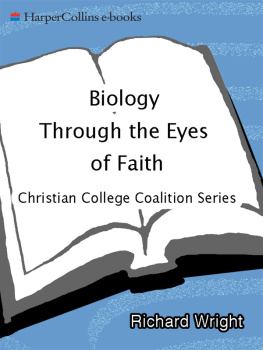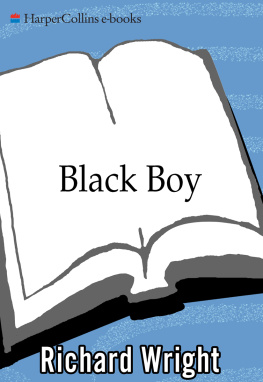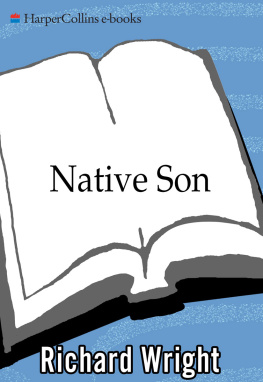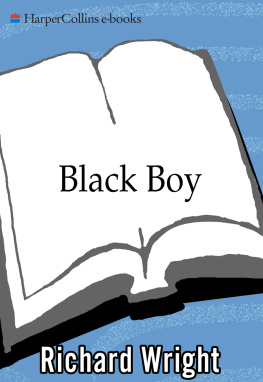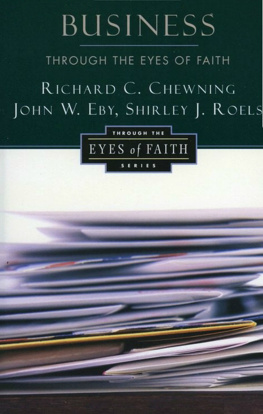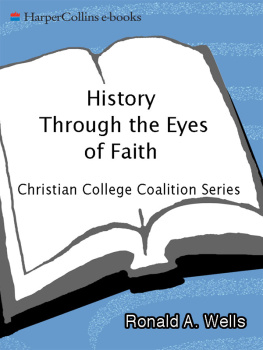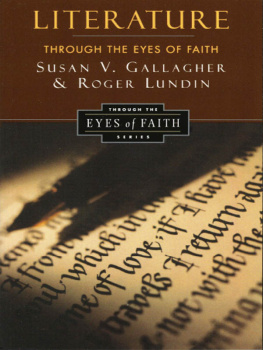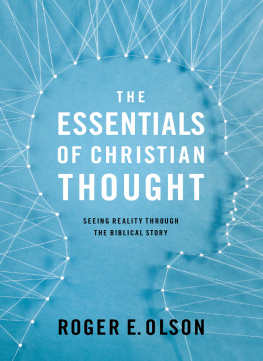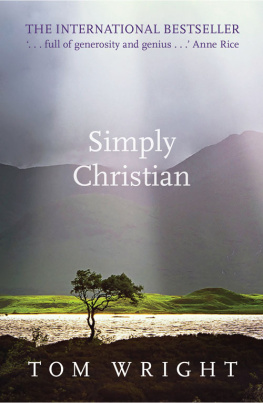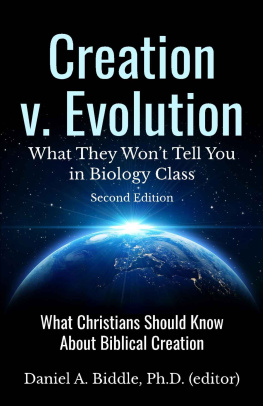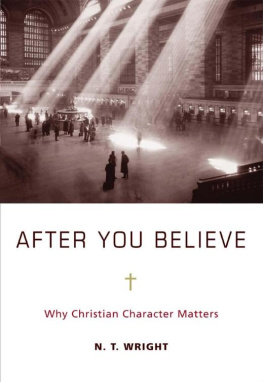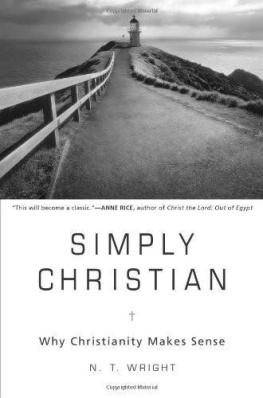BIOLOGY THROUGH THE EYES OF FAITH. Copyright 2003 by the Council for Christian Colleges & Universities, formerly known as Christian College Coalition. All rights reserved under International and Pan-American Copyright Conventions. By payment of the required fees, you have been granted the non-exclusive, non-transferable right to access and read the text of this ebook on-screen. No part of this text may be reproduced, transmitted, down-loaded, decompiled, reverse engineered, or stored in or introduced into any information storage and retrieval system, in any form or by any means, whether electronic or mechanical, now known or hereinafter invented, without the express written permission of HarperCollins ebooks.
Library of Congress Cataloging-in-Publication Data has been ordered.
S omeone committed to the Christian faith who reads contemporary biology will find many questions coming to mind. This book is an address to some of the most fundamental of those questions, written by an eminently competent research biologist working in the mainstream of contemporary biology. Dr. Wright poses the questions: What does biology look like when seen through the eyes of faith? What illumination and guidance does faith give us in our pursuit of, and reflections on, biology? What illumination does biology give us on faith? What are the points of tension on which continuing reflection is called for?
There are of course other books on the market that talk about the relation of faith to biology. Some of those propound the thesis that these must be seen as separate phenomena concerned with distinct domains of reality. Others affirm that we must see between these not isolation but opposition. Some of these latter argue that biology must stay and Christianity go. Perhaps more popular now are the books of the creation scientists who argue that Christianity must stay and contemporary biology go. They propose replacing it with something that they call creation science.
Professor Wright does not embrace the isolation thesis. He is convinced that the Christian Scriptures speak to that very same reality that the biologist studies. But neither does he suggest that either Christianity or contemporary biology must be discarded. He regards contemporary biology as giving a well-grounded, although indeed fallible and tentative, explanation of the biological world. But also he lives and works out of the conviction that Christianity is true. What he offers us here, then, is not mighty slashes with a blunt sword but a careful, thoughtful, detailed approach to the issues.
Two things especially are impressive about the book. One is its comprehensivenessand that in two dimensions. Professor Wright develops an exceptionally comprehensive approach to biology, while at the same time his theology is both broad and deep. The result of his bringing these together is illuminating and stimulating.
What also impresses one is the honesty and seriousness of the book. There are no hard questions that Professor Wright dodges. He faces up to them. And always he treats the issues with care and depth. Where he does not know, he says that. Where the evidence is not decisive, he tells us. Where others make do with glib slogans or quick solutions, Professor Wright offers careful and honest analysis.
This book, then, is the outcome of the honest struggle of a devout Christian and skilled biologist to arrive at wholeness, integrityto arrive at the point where he sees how his faith and his biology fit together. You will find it a struggle worth participating inwhether you are a Christian wanting guidance in the project of faith seeking understanding, or a non-Christian wanting to observe a Christians pursuit of wholeness in our fragmented world.
N ICHOLAS W OLTERSTORFF
Porter Professor of Philosophical Theology
Yale University Divinity School
S ome time ago the Council for Christian Colleges and Universities (then called the Christian College Coalition) sponsored a series of eight books designed to examine the different disciplines from a Christian perspective. These were offered to students and faculty of the Christian colleges and universities as a way of strengthening their commitment to the integration of faith and learning. The first edition of Biology Through the Eyes of Faith, the second book in the series, has enjoyed a long and healthy life since its birth in 1989. It was showing signs of age, however. In recent years I have been urged by some of my biologist colleagues in the Christian colleges to work on a second edition, to help them in their ongoing task of presenting and discussing with their students the most recent scholarship and developments in the life sciences. I am pleased to offer this second edition to them and to all those who might be perplexed by the issues that bring biology and Christian thought into contact, especially the students who study biology.
It has been a joy to revisit the issues I laid out in the first edition, and bring them up-to-date. The issues surrounding origins continue to challenge Christians in biology: new fossils are being found; new schemes are being offered to explain the origin of life and the origin of humankind; new paradigms are being offered for interpreting origins issues from within Christendom. The four revolutions I presented in that edition have continued to generate new ideas and new technologies, posing new challenges to Christian thought. Who could have foreseen the dramatic advances brought to us by biotechnology in the human genome, cloning, stem cells, and reproductive techniques? Finally, the challenges of caring for Gods creation have pointed to our need to achieve a transition to a sustainable society. Those of us in the life sciences are clearly in the midst of some of the most far-reaching and exciting developments unfolding in this twenty-first century.
I offer once again a book that speaks to these issues from the point of view of a biologist with a long career in research and teaching at a Christian college and now with the opportunity to look back at what has happened and ahead to what must happen. Considering again the issues that bring biology and Christian thought together has served only to strengthen my faith as I realize even more the greatness of God as it is revealed in his works. I continue to be deeply indebted to those who have looked into the subject matters of this book and have put their thoughts in writingespecially those who have had a burden to bring knowledge from Gods world into harmony with knowledge from Gods Word. I also continue to have a profound appreciation for those who are seeking new knowledge in the life sciencesfor those who have been motivated to learn about how this world of life is structured and have chronicled their work in journals and books. This is a part of biology that I have participated in and would not have missed for the world!
I am especially grateful to three biologist colleagues who have read and commented on the chapters of this second edition: Jim Nichols, of Abilene Christian University; Andy Whipple, of Taylor University; and John Moore, also of Taylor University. My special thanks also go to Ron Mahurin, CCCU vice president of Professional Development and Research, for his diligent work in moving this project forward. I also thank my HarperSanFrancisco editors, Julia Roller and Lisa Zuniga, for their cheerful encouragement and careful editorial help in bringing the book to press. Finally, I thank my wife, Ann, whose loving care and patience have been the joy of my life.

